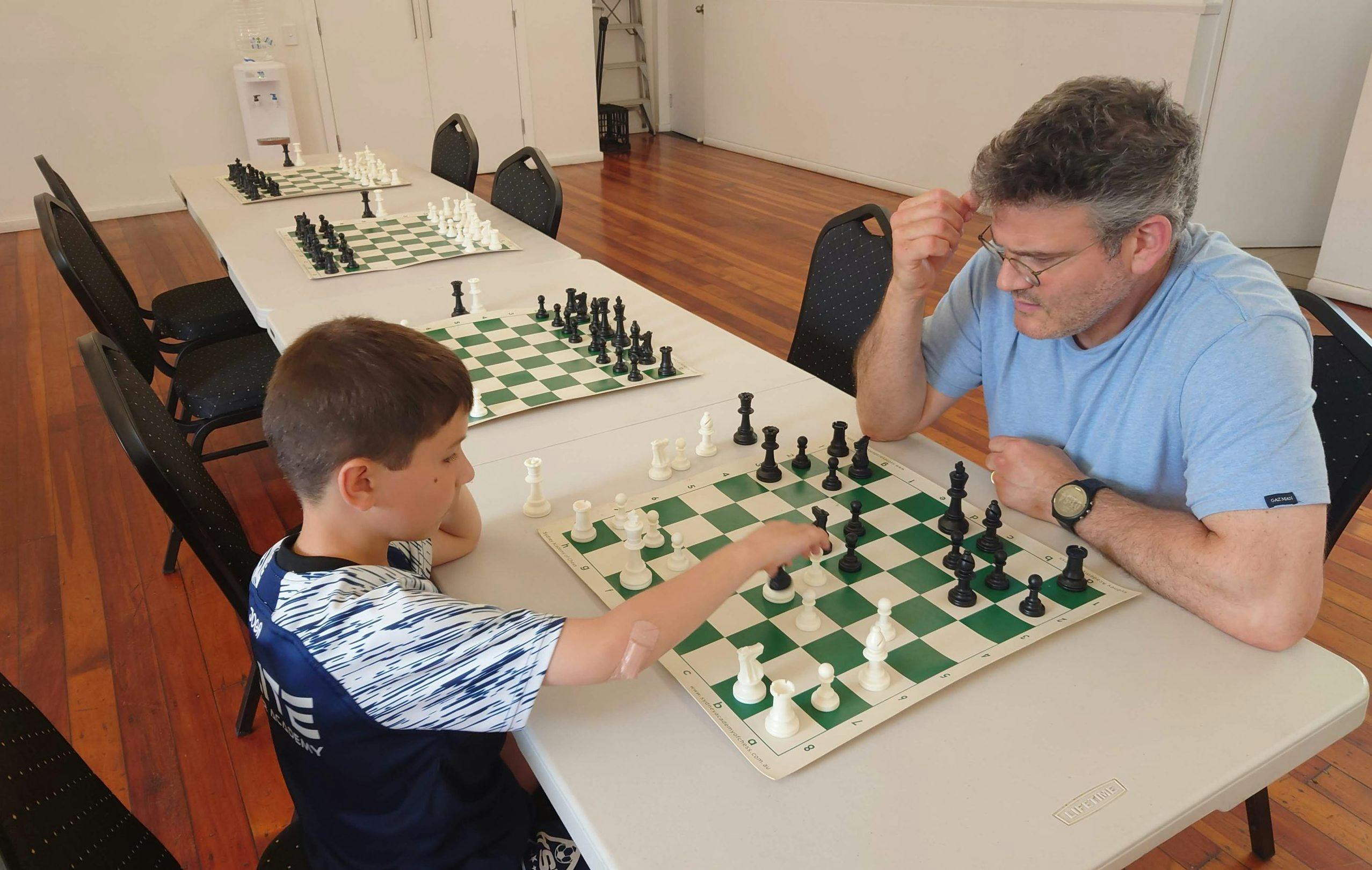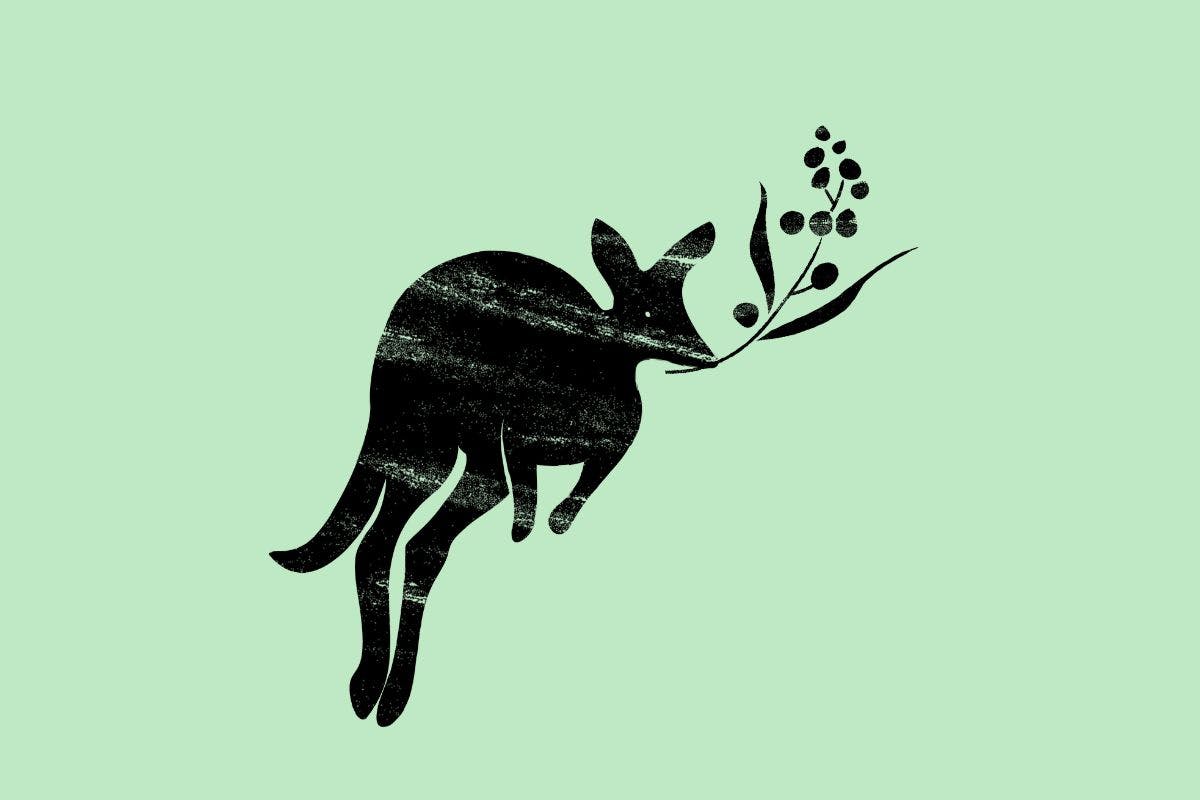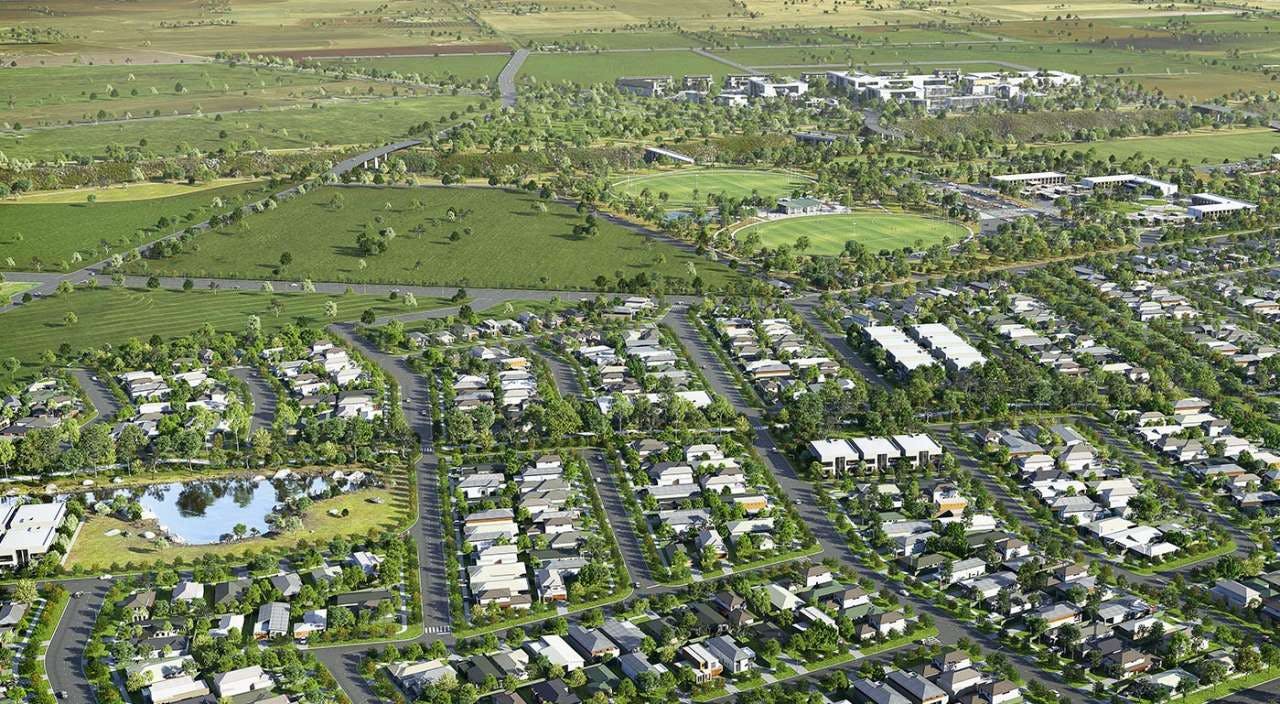Published: 20 March 2024
Last updated: 4 April 2024
Tell me about your journey to founding Little Dreamers.
I grew up as a young carer for both my brother and my mum.
My brother has a range of chronic health conditions and an acquired brain injury and was in and out of hospital since he was six months old. He is two and a half years younger than me, so I didn't really know any different when he started going into hospital.
My mum was diagnosed with breast cancer when I was 14. She's now in remission but has been left with a range of chronic health conditions that require ongoing care and support.
For most of my childhood, we were in and out of hospitals and doctors' offices, while providing additional medical and emotional support at home. I'm very lucky – I have the most incredible father. Dad and I shared a lot of the caring load, but my childhood was still very different to that of my friends. I often felt quite isolated and alone, and I had a lot of emotional and mental health challenges that I didn't know how to deal with.
When I was very young, my parents found an organisation that was like Big Brother Big Sister called CareNet, and it provided a mentoring program for siblings of sick kids. When I was nine years old, two of my friends and I started what we called the CareNet Kids Club. We wanted to raise money to help other kids who had a very sick sibling to receive support from CareNet – and it went from there.
After four years, we decided that we didn't want to just fund CareNet, but we wanted to fund other sibling support organisations. We ran a fundraiser for Very Special Kids to launch their siblings camp and for the Asylum Seeker Resource Centre to run a sibling support program.
When my mum got sick in 2007, we decided that we didn't want to raise money and hand it off to other organisations – we wanted to be able to create the change in the world that we still weren't seeing, which was an organisation specifically designed for kids providing unpaid care for a parent or a sibling. We launched Little Dreamers Australia in 2009.
Last year, we had 10,000 engagements with our programs, and I now have 58 staff and 350 active volunteers operating out of Victoria, New South Wales and Queensland.
"Young carers are such an overlooked group of young people, mainly because they are a hidden group of people."
Madeleine Buchner
Did you ever think Little Dreamers would have that reach?
Because I was 16 when we started Little Dreamers, I thought it would be a side project that I would do while I went off and had a proper adult career. I studied marketing and I always thought that I would have a job in a corporate marketing team or in an advertising agency and Little Dreamers would be the feel-good thing that I did for the universe on the side.
I'm so happy and proud that Little Dreamers is what I get to do all day every day. I'm blown away about how big it is, but at the same time, the need is so great. It’s a double-edged sword.
Tell me more about that need. How many young carers are there in Australia?
Little Dreamers works with kids aged four to 25, and the statistics say one in 10 kids grow up as a young carer – which is around two to three kids in every classroom.
The government statistics are interesting because they're captured from reports like the Census, which only asks kids over the age of 15, and also only asks if you've been a carer in the last two weeks. That doesn't capture people who have chronic illnesses or mental illnesses where over the last two weeks, you might not have had to provide care, and it also misses all those kids under the age of 15.
There are a few other reports in Australia, one of which asks parents to identify whether their kids are carers. What we find is that often parents won't acknowledge that their child has a caring role in their family, especially when they're a carer for a parent. In most cases, a child will be referred to us as a carer of a sibling and then during our intake process, we'll find out that they are also a carer for a parent who has a mental illness or drug or alcohol addiction, and that young carer is not documented anywhere. It's often because the parents have a fear of child protection, or there's a lot of stigma attached to it.
So, the actual number of young carers is very hard to define.

Did you see yourself as a young carer for your brother and mum?
I didn't identify as a young carer growing up, even though I fit into the definition – it was just what I did around the house.
At Little Dreamers, we say that we support any young person between the ages of four and 25 who provides unpaid care in their households or have a parent or sibling who requires extra care. We do use the term ‘young carers’, but we have a lot of kids in our programs who probably wouldn't call themselves a young carer. They have the caring responsibilities, but they just don't identify with the terminology.
Taking out the bins, making your bed, helping with dinner – that is all stuff we consider a normal part of childhood. When you think about responsibilities for a young carer, it's things like supporting with medication, helping with injections, providing a level of emotional support and care that is above and beyond the age of the child. It’s also doing a lot more around the house, such as all of the cooking and all of the cleaning.
We have kids right across the spectrum – from those who are providing more care than what would be considered a full-time job alongside their schoolwork, to others who are providing more ad hoc care. It depends on the reason for providing care. If it's mental health, addiction, disability, chronic health, that impacts the amount and consistency of care.
"You can't put a young carer on a billboard and evoke the same amount of emotion as you could with other types of illnesses and disabilities."
Madeleine Buchner
You mentioned the stigma involved in being a young carer. Can you elaborate on this?
Stigma exists within different illnesses, disabilities, addiction, mental health, cancer, and so on. Young people may not necessarily want to tell their friends, because they think they will judge them or treat them differently.
We often see kids who want to go to school and not have to think about what's going on at home, and so they won't tell anyone, but their caring role might have an influence on their education or their attention or their ability to participate in after-school activities. Some young carers won’t have friends over to their house because they’re worried about what they might see and the impact this will have for them at school.
How active is the government in this space? Is the system as it stands now providing enough support for young carers?
It depends on the state. In Victoria, we have a Victorian Carer Strategy, which invests quite a lot of funding into carers and young carers in the state. We have a card that carers can access, which provides discounted public transport, movie tickets and things like that.
At the last election, a promise was the development of a National Carer Strategy, which we’re starting to see come through. We also have a piece of legislation called the Carers Recognition Act, but most people don't know it exists, which is part of the problem. We've just had a Parliamentary Inquiry into the recognition of unpaid carers. Little Dreamers was the only organisation to present from a young carer perspective at the inquiry.
I would say we are miles ahead of other countries around the world, but we're also miles behind some of the more progressive countries. There's a lot more we should be doing as a government and as a community.
That is a big feat for you to present at the Parliamentary Inquiry.
It was amazing. I worked on the submission, which was the very first Parliamentary Inquiry submission I have ever written, which was massive in itself – and that was accepted. We were invited to present at the public hearing, and I was able to bring two young carers with me and give them an opportunity to present and for the politicians to hear directly from them. Hudson was 13 and Jacqueline was 18, and they presented very different experiences. It was surreal. I had to pause and watch the moment.
How has your Jewish identity influenced your work and outlook on life?
I was brought up in a culturally Jewish family in South Caulfield, which was very large and close knit.
The values that I was taught as a kid around doing good for the world, but also not letting things you disagree with go by have really defined what I do and how I do it – how I support my team, how I create a community at Little Dreamers. It very much mirrors the community that I was so lucky to grow up in.
I went to Bialik and Brighton Secondary College, and I went to Jewish youth movement Hineni as a kid. The way we run a lot of our programs and camps [at Little Dreamers] mirrors the camps that I went to at Hineni. Growing up in the Jewish community in a way that I have has absolutely defined not only how I run my business, but also why I'm doing this in the first place.
We've also got quite a few Jewish kids in our programs, not as many as there should be or as many as I know there should be. We’re working on getting more into Jewish schools, and into the public schools and private schools where other Jewish kids go. We also have a lot of funding support from within the Jewish community, for which I’m forever grateful.

You received an Order of Australia Medal, became 2023 Young Victorian of the Year and named among the 2019 AFR Women of Influence and Women’s Weekly Women of the Future. In 2017, you were part of the Queen’s Young Leaders Program, and you met the Queen.
I am around five foot and had heels on when I met the Queen, and I was only just taller than her, but not by very much! The presence she had was phenomenal and larger than life.
What do those experiences and awards mean for your work?
Young carers are such an overlooked group of young people, mainly because they are a hidden group of people. You can't put a young carer on a billboard and evoke the same amount of emotion as you could with other types of illnesses and disabilities.
It is a challenge to raise awareness about young carers. It is a challenge when it comes to identification and support. The awards mean that we are able to put young carers onto a platform that other people see. But while awards are great, and they help with impostor syndrome, more than anything they show us and they show the community that young carers exist.
They also show young carers who are growing up thinking they’re just a carer and it's what they must do for the rest of their life that the world is bigger than that, and that other young carers are doing incredible things. The world is their oyster, and they can reach their full potential as well.





Comments
No comments on this article yet. Be the first to add your thoughts.